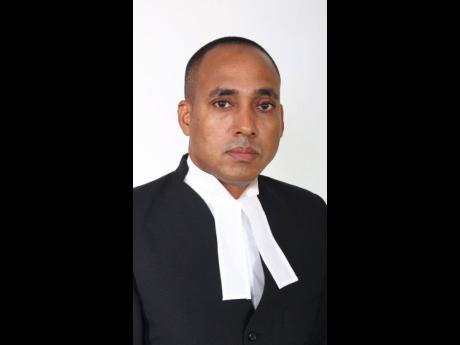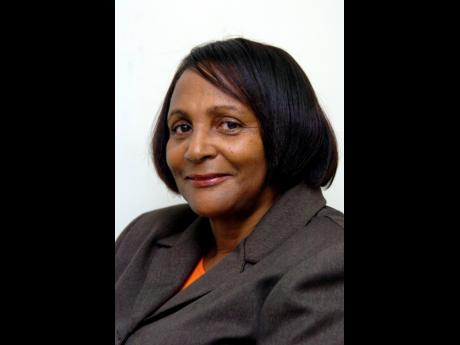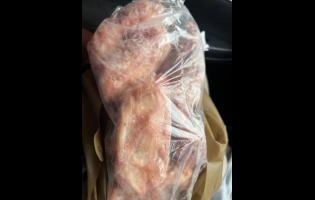Not me! - Champagnie says no to representing Barbara Gayle’s murder suspect
Prominent defence attorney Peter Champagnie has ruled himself out as a possible lawyer for the main suspect in the brutal murder of veteran journalist Barbara Gayle.
A long-time friend of the late journalist, Champagnie explained that his personal connection to Gayle made it impossible for him to take on the case. While he reiterated the importance of ensuring legal representation for all accused individuals, he emphasised that this case was an exception.
"It is my duty, as an attorney, to uphold the rule of law, and all accused persons are entitled to representation," Champagnie told THE STAR. "However, I must emphasise that I would not, could not, and will never represent anyone accused in this matter due to my close association with Miss Gayle. She was a dear friend and someone I held in the highest regard."
Gayle, 77, who was a celebrated journalist known for her five decades of work in court reporting, was discovered dead at her Caymanas Estate Country Club residence on Tuesday. Her body had multiple stab wounds to the right side of the neck and a wound to the forehead.
The Jamaica Constabulary Force yesterday revealed that the primary suspect in Gayle's murder had been taken into police custody. He was reportedly found hiding in bushes in Grange Lane, St Catherine.
Earlier in the day, Gayle's Mercedes Benz GLA motorcar, stolen vehicle from her premises, was found along Dyke Road in Portmore, St Catherine. Bloodstains were reportedly found inside the vehicle.
Meanwhile, Champagnie, a King's Counsel with nearly 30 years of experience, explained the ethical considerations lawyers face when confronted with cases of this nature.
"The canons governing our conduct as attorneys are clear-- one should not lightly refuse representation unless there's a conflict of interest," he said.
"For me, this is a clear conflict. It would not be proper or appropriate for someone close to the deceased to represent the accused."
Despite ruling himself out, Champagnie said that other lawyers may be ready to step in.
"There are many attorneys who may not have known Miss Gayle personally, and who may not face this same conflict. They would be professionally obligated to consider taking the case," he explained, emphasising that the Constitution guarantees every accused person the right to legal representation.
Champagnie dismissed any criticism of his decision as hypocritical, stressing his long-standing commitment to defending accused individuals.
"Everyone deserves a fair defence," he said firmly. "It's my job to ensure the law is upheld and that evidence is not manufactured. But once a conviction stands and appeals are exhausted, the consequences must follow. That's justice."
Meanwhile, Champagnie reiterated his call for the reintroduction of the death penalty in certain cases.
"We need to revisit the law to make the death penalty more attainable, especially for crimes against the most vulnerable among us - the elderly, children, and the mentally challenged. Once due process is served, and appeals are exhausted, justice must take its course."
Although capital punishment remains on the books in Jamaica, the last execution occurred in 1988, leaving the country divided on the issue.
In a sombre reflection on his dear friend's tragic passing, Champagnie mourned Gayle's loss, describing her as a trailblazing journalist and a person of unmatched integrity. "Miss Gayle was a brilliant journalist and a wonderful person. Her untimely death is a devastating blow. I cannot, in good conscience, represent anyone involved in her murder."







































